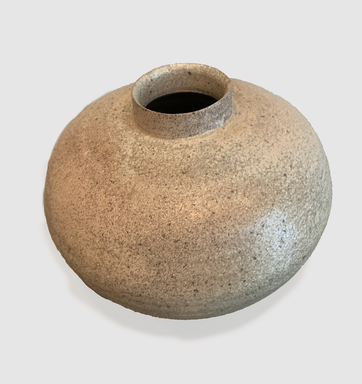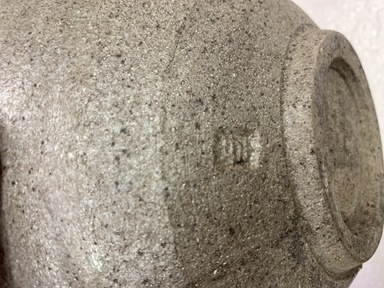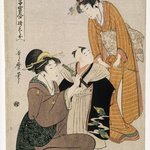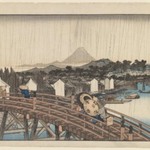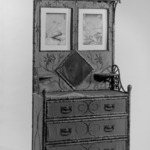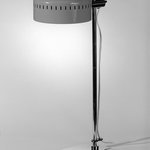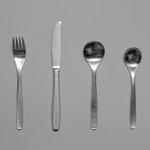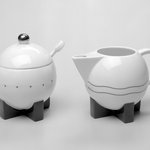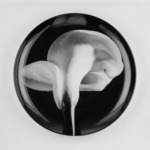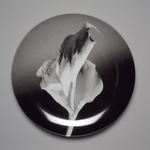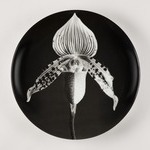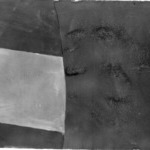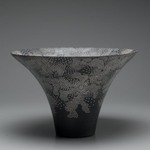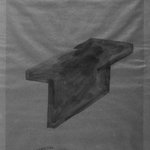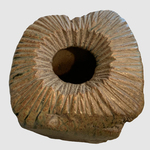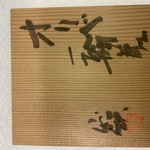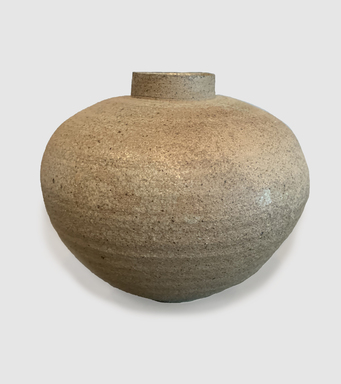

Kamoda Shoji (Japanese, 1933–1983). Rounded Jar, ca. 1967–1968. Ash glazed stoneware, 7 7/8 × 8 1/4 in. (20 × 21 cm). Brooklyn Museum, Partial gift of Steven Korff and Marcia Van Wagner and Bertram H. Schaffner Asian Art Fund, 2020.1.5 (Photo: , CUR.2020.1.5_side_edited.jpg)
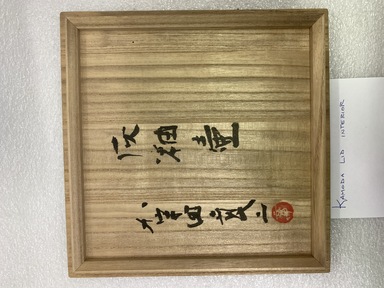
Kamoda Shoji (Japanese, 1933–1983). Rounded Jar, ca. 1967–1968. Ash glazed stoneware, 7 7/8 × 8 1/4 in. (20 × 21 cm). Brooklyn Museum, Partial gift of Steven Korff and Marcia Van Wagner and Bertram H. Schaffner Asian Art Fund, 2020.1.5 (Photo: , CUR.2020.1.5_lid_interior.jpg)
Rounded Jar
Kamoda Shoji
Asian Art
MEDIUM
Ash glazed stoneware
DATES
ca. 1967–1968
DIMENSIONS
7 7/8 × 8 1/4 in. (20 × 21 cm) (show scale)



MARKINGS
Artist's stamp on the base.
INSCRIPTIONS
Artist's inscription on the box.
COLLECTIONS
Asian Art
ACCESSION NUMBER
2020.1.5
CREDIT LINE
Partial gift of Steven Korff and Marcia Van Wagner and Bertram H. Schaffner Asian Art Fund
CATALOGUE DESCRIPTION
Round jar, small at the base and flaring to broad shoulders, with a narrow straight neck ending in a sharply finished rim. Slight ridges are visible on exterior from finishing on a wheel. Entire vessel is covered in a slightly mottled gray ash glaze with subtle tones of green and brown.
With this jar the artist is experimenting with a revival of past techniques and forms. This type of vessel is called a Heian Tsubo (flower vessel) in reference to the historic name for Kyoto, Heian, and the Heian period (794-1185), when ash-glazed stoneware jars in similar forms were made. The materials and rounded base of this jar also has strong associations with Korean stonewares of the Three Kingdoms and Unified Silla periods.
Kamoda Shoji was a ground-breaking ceramicist who worked in many different modes. Cited by many to be the most important Japanese ceramicist of the twentieth century, his brief career has been celebrated in several one-man retrospectives in Japan.
Accompanied by a traditional wood storage box with artist's signature and seal.
MUSEUM LOCATION
This item is not on view
CAPTION
Kamoda Shoji (Japanese, 1933–1983). Rounded Jar, ca. 1967–1968. Ash glazed stoneware, 7 7/8 × 8 1/4 in. (20 × 21 cm). Brooklyn Museum, Partial gift of Steven Korff and Marcia Van Wagner and Bertram H. Schaffner Asian Art Fund, 2020.1.5 (Photo: , CUR.2020.1.5_side_edited.jpg)
IMAGE
profile, CUR.2020.1.5_side_edited.jpg., 2019
"CUR" at the beginning of an image file name means that the image was created by a curatorial staff member. These study images may be digital point-and-shoot photographs, when we don\'t yet have high-quality studio photography, or they may be scans of older negatives, slides, or photographic prints, providing historical documentation of the object.
RECORD COMPLETENESS
Not every record you will find here is complete. More information is available for some works than for others, and some entries have been updated more recently. Records are frequently reviewed and revised, and we welcome any additional information you might have.
